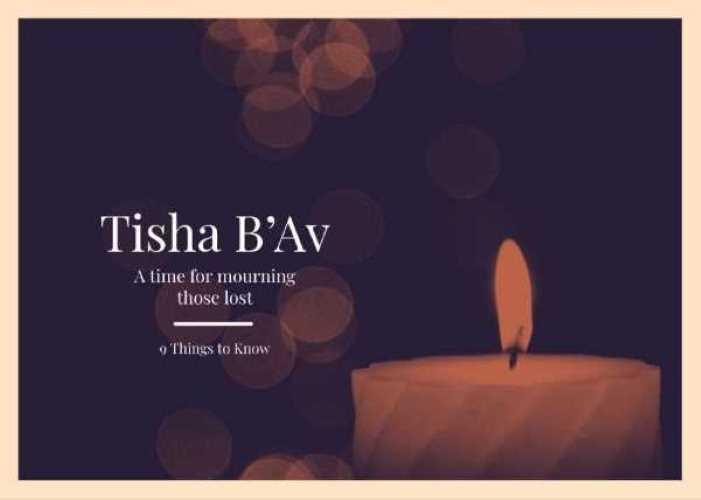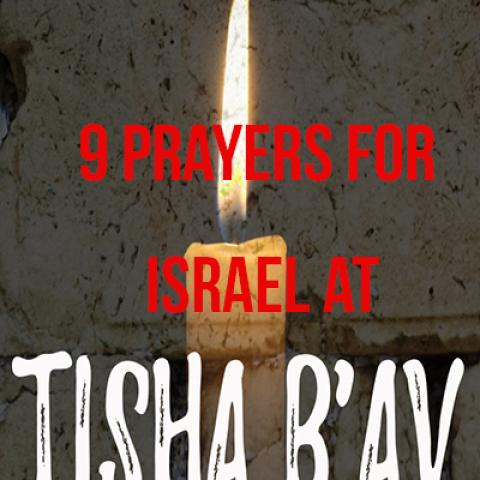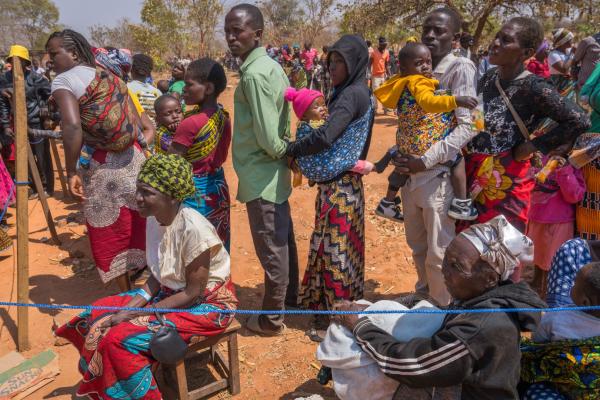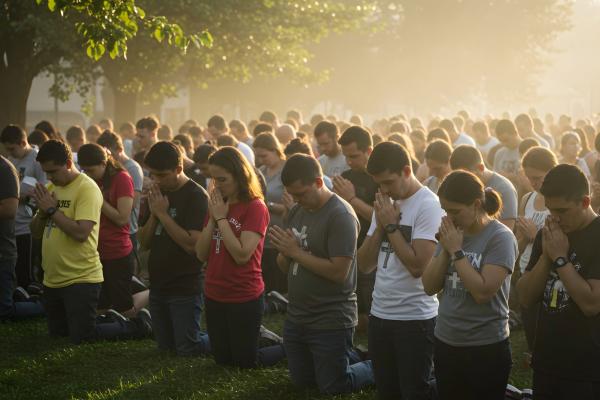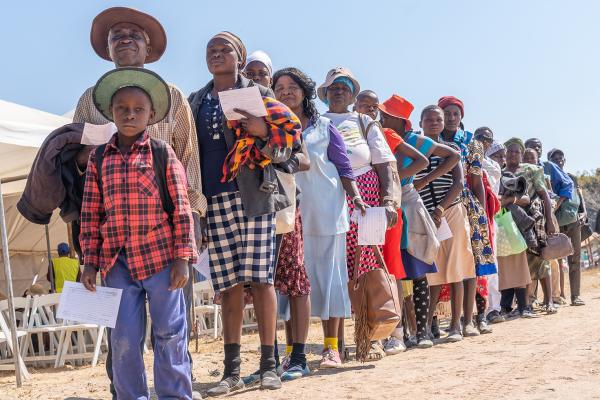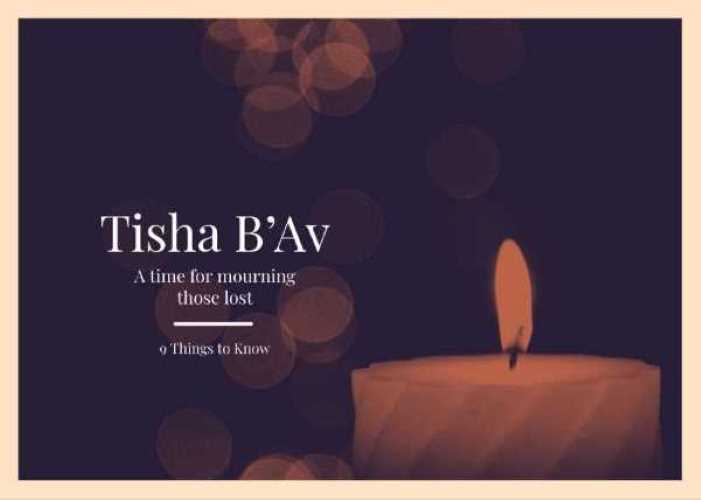
What’s the saddest day on the Jewish calendar? It’s Tisha B’Av, and this year, it begins at sunset on Saturday, July 17 and ends at sundown on July 18. Tisha B’Av is an important Jewish holiday. Here are nine things to know about Tisha B’Av.
1.Tisha B’Av means the ninth of Av. Av is the name of a summer month on the Hebrew calendar, and the ninth day falls either in July or August.
2.Tisha B’Av is the most sorrowful day of the Jewish year because it commemorates a surprising number of tragedies that have happened to the Jewish people on this very same date throughout history. Most importantly, both the first and second Temples were destroyed on the ninth of Av hundreds of years apart.
3.Other tragedies that came upon the Jewish people throughout history on the ninth of Av include:
- In 135 C.E., the Bar Kochba Revolt was quashed and hundreds of thousands of Jewish people were killed. After the Revolt, the Roman Emperor Hadrian changed Judea’s name to Syria Palestina after Israel’s long-time enemy, the Philistines
- In 136 C.E., Hadrian leveled what remained of the Temple in Jerusalem, leaving only what we know today as the Temple Mount
- In 1096 C.E., the first Crusade officially began. Thousands of Jewish people were killed or persecuted during these campaigns attempting to force them to convert to “Christianity”
4. Tisha B’Av is preceded by three weeks of mourning, beginning on the 17th of Tammuz, marking the day that the Romans breached Jerusalem’s walls in 69 C.E. The event led to the Temple’s destruction in 70 A.D. Mourning intensifies on Av 1 through the 9th.
Get the "9 Prayers for Israel" Devotional
Download this free devotional and discover 9 ways you can pray for Israel and the Jewish people worldwide during these critical times.
5. We fast from food and water on Tisha B’Av, similarly to the fast on Yom Kippur. Fasting has long been a sign of mourning, and on this day, we intentionally grieve over our many losses as a people throughout history.
6. Another way we mourn is by sitting only on low chairs for a portion of the day. Sitting uncomfortably in awkward chairs keeps our ancestors’ suffering and the day’s grief at the forefront of our minds. We also don’t wear leather on Tisha B’Av because it is considered a comfortable luxury and inappropriate for such a day of sorrow.
7. Because reading and studying the Torah brings joy, tradition prohibits it on Tisha B’Av, except for reading sections that describe mourning laws or times when Israel endured great suffering. Reading the book of Lamentations is traditional during synagogue services on Tisha B’Av.
8. We read kinot (mourning poems) that describe historical events targeting the Jewish people for conquest, annihilation or persecution. They often recount in detail some of the things our ancestors suffered on this date throughout the centuries and reflect the heart of prayers to God for preservation and hope.
9. For Jewish Believers in Jesus, Tisha B’Av also offers an opportunity to pray for our Jewish people, knowing that God has kept His promise to send the Messiah, who is the true hope of Israel. Many of Av 9's catastrophes – done by those who falsely claimed the name of Jesus in their actions – only add to the misconception that there is an impossible divide between Judaism and Jesus. Please join us in praying that the Lord will break through that misunderstanding so that more Jewish people would come to know Him.



